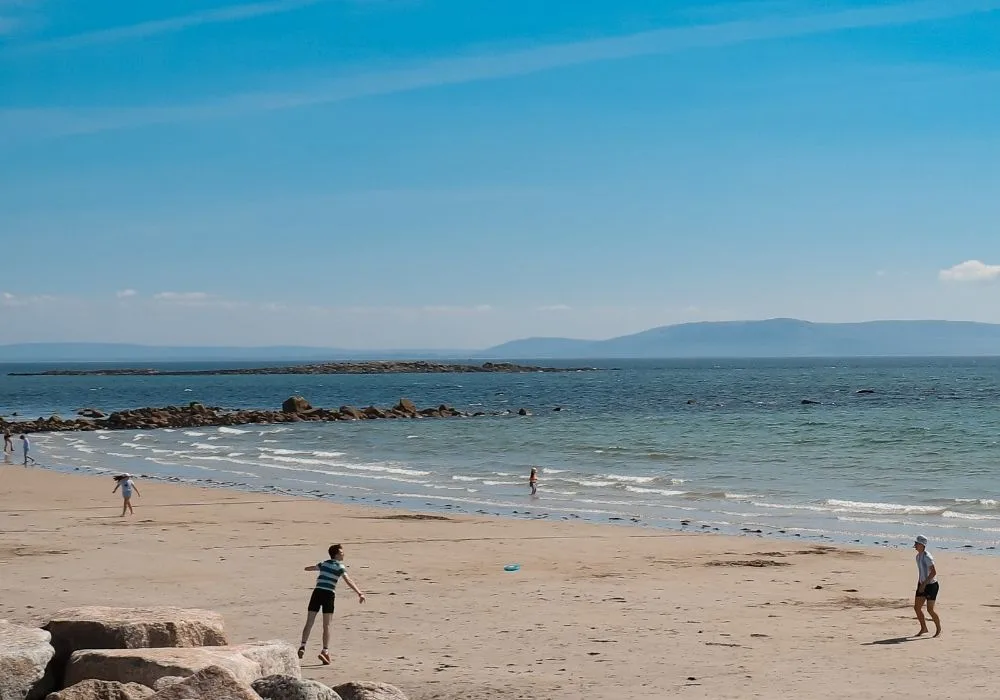By Ru Roberts, UK Country Manager, Waze
The UK’s hospitality industry is one of the sectors hardest hit by the pandemic. Lockdowns, curfews and changes to service rules have all taken their toll, with 660,000 job losses throughout 2020.
We’ve seen people change what and how they purchase, relying on takeaways and food delivery services while their favourite restaurants were closed for months on end. Consumers became more mindful about their spending and safety, and are likely to err on the side of caution even as businesses reopen.
Because of this, the way in which the hospitality industry promotes its services over the next few months is essential. To ensure a steady road to recovery, companies require insight-led, empathetic advertising strategies to rebuild customer confidence.
Changing consumer behaviours
With lockdown restrictions easing, travel and spending habits are shifting as consumers navigate new freedoms safely. As we venture out again, businesses should take three behavioural changes into account:
- Cars will continue to be the preferred way to travel. Across the country, public transport has been reduced due to low demand and budget cuts, and there are safety concerns about virus transmission through shared mobility services. In addition, overseas travel is still largely discouraged and consumers remain nervous about it. Consequently, many Brits will prioritise staycations over unreliable travel this summer, which could encourage more driving than pre-pandemic.
- The return of bricks-and-mortar. Before lockdown measures began to lift, UK consumers said they’d spend more on a hospitality experience to boost the industry. When outdoor hospitality reopened on April 12, traffic levels increased by up to 35% in parts of the UK. During peak travel moments like the Easter bank holiday, there was an increase of 37%, showing consumers have a renewed eagerness to return to bricks-and-mortar locations.
- More time spent online. Throughout the pandemic, consumers redefined their shopping decisions and switched to brands that sent messages or promotions relevant to their experience, such as personalised product recommendations or tailored discount codes. With an abundance of choice as restrictions lift, brands need to take a more personalised approach when targeting users.
With car usage spiking and a tech-savvy, safety-first market emerging, hospitality businesses must be innovative in their marketing strategies to reach motorists in need of bespoke content at key moments during the day.
Destination-based marketing
To accurately target consumers, there needs to be a focus on where someone is headed, rather than where they are.
At Waze, we are in a unique position because we don’t just understand where consumers are on their journey, we also have a good understanding of why they’re in the car, depending on when they’re using the app. We were one of the first brands to pioneer destination marketing – targeting consumers on their travels – because our app is used for getting people from A to B and any stops they make along the way. We have context of the journey motorists are taking, which gives us a deeper understanding of drivers and means we can deliver helpful, informed adverts.
A recent example of this is our collaboration with McDonald’s. The fast food restaurant chain worked with Waze to promote its ‘Truly Delicious’ breakfast through Pins, Zero Speed Takeovers and Sponsored Searches. By targeting destinations as opposed to locations, McDonald’s has been able to attract more customers on-the-go and increase drive-thru and store visits.
For safety-conscious consumers, businesses can use our Location Personalities feature to communicate their most current offerings, such as drive-thru or curbside pick-ups, or an Order Ahead button to minimise time inside an outlet. Thanks to real-time data, we’re able to detect the services people are most in need of based on the time of day that they’re driving and where they’re going.
The hospitality industry has huge opportunities for growth in 2021, but making smart business decisions, staying agile, and adapting quickly to consumer trends is vital. Destination-based marketing presents a key route for hospitality businesses to rebuild their customer base by delivering helpful information based on real-world insights.









